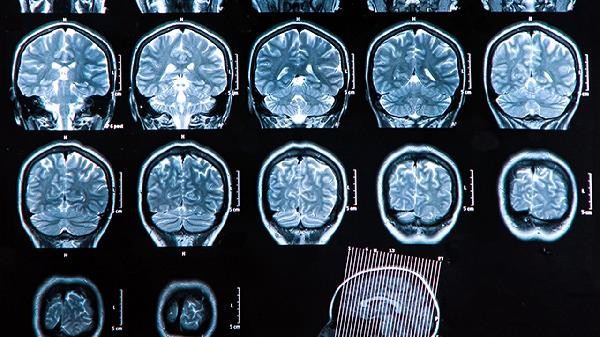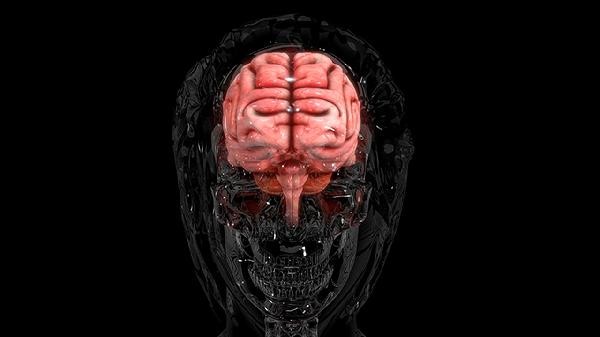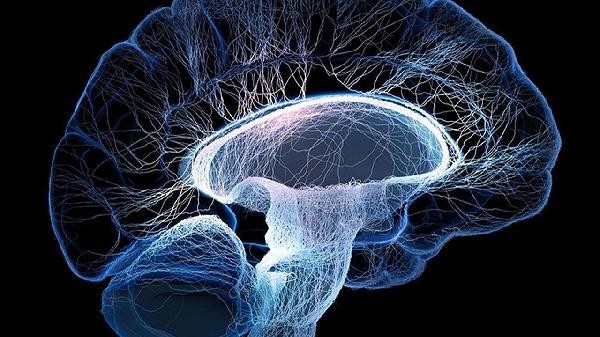Insomnia in the brain may be caused by psychological stress, disrupted sleep patterns, environmental disturbances, physical illnesses, medication side effects, and other factors. Insomnia is characterized by difficulty falling asleep, shallow sleep, or early awakening. Long term insomnia may affect emotional stability and cognitive function.

1. Psychological stress
Emotional problems such as work anxiety and interpersonal conflicts can activate the sympathetic nervous system of the brain, leading to abnormal secretion of melatonin. Persistent psychological stress may lead to chronic insomnia, manifested as repeated awakenings or increased dreaming during the night. It is recommended to relieve tension through mindfulness meditation and seek psychological counseling if necessary.
2. Sleep and rest disorders
Dysregulation of the biological clock can inhibit the function of the hypothalamic suprachiasmatic nucleus and disrupt the sleep wake cycle. Frequent staying up late, traveling across time zones, or working shifts can all lead to abnormal circadian rhythms. Keeping a fixed wake-up time and being exposed to sunlight in the morning can help reset the body clock.
3. Environmental interference
External stimuli such as noise and strong light can continuously activate the brain's reticular activating system, preventing the brain from entering the deep sleep stage. Excessive bedroom temperature and uncomfortable bedding can also affect sleep quality. Using blackout curtains and white noise machines can improve the sleeping environment. 4. Physical diseases such as hyperthyroidism and chronic pain can affect the sleep center of the brain through inflammatory factors. Frequent micro awakenings caused by sleep apnea syndrome can significantly reduce sleep efficiency. It is necessary to treat the primary disease, such as using continuous positive pressure ventilation equipment.

5. Drug side effects
Some antihypertensive and antidepressant drugs may interfere with the function of gamma aminobutyric acid receptors in the brain. Excitatory substances such as caffeine and nicotine can counteract the hypnotic effect of adenosine. Checking the medication instructions and negotiating with the doctor to adjust the medication plan can alleviate drug-induced insomnia. Improving insomnia requires establishing regular sleep habits, avoiding the use of electronic devices before bedtime, and maintaining a dark and quiet bedroom environment. Engage in aerobic exercise appropriately but avoid vigorous activities before bedtime, and avoid overeating during dinner. When long-term insomnia is accompanied by daytime functional impairment, it is recommended to seek medical attention from a neurology or sleep specialist. If necessary, prescription drugs such as dexmedetomidine and zolpidem should be used under the guidance of a doctor, and self consumption of melatonin supplements should be avoided. Maintaining a stable emotional state is particularly important for preventing the recurrence of insomnia.









Comments (0)
Leave a Comment
No comments yet
Be the first to share your thoughts!